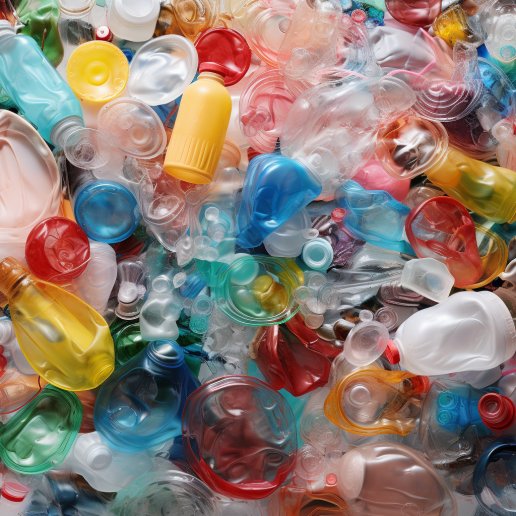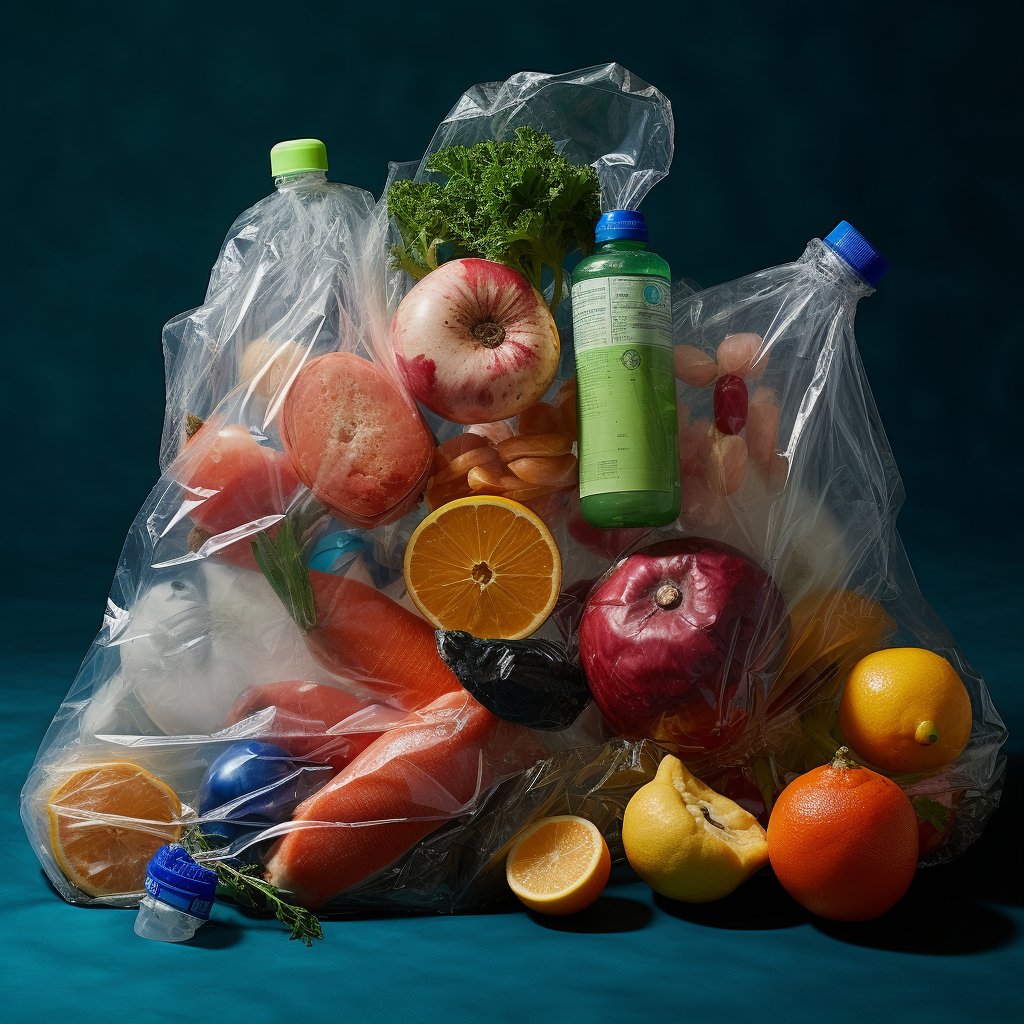The Product Passport is a powerful tool that provides information on a product’s environmental and social impact throughout its entire life cycle. In the plastic recycling industry, product passports play an important role in facilitating the recycling process by providing information on plastic products’ material properties, usage, and application areas.
The plastic recycling industry faces increasing pressure to reduce its environmental impact and promote sustainability. In this context, product passports have emerged as an important tool for improving the plastic recycling process. By providing valuable information about plastic products’ material properties, usage, and application areas, product passports can help recycling facilities sort and process plastic products more efficiently, reduce contamination, and promote sustainability.

Industrial Usage:
Product passports are widely used in the plastic recycling industry to facilitate the sorting and recycling of plastic products. They contain important information about the type of plastic, its chemical composition, and its intended use. This information helps recycling facilities to sort and process plastic products more efficiently, reducing the amount of waste that goes to landfills.
Application Areas:
Product passports are used in a wide range of applications in the plastic recycling industry. They are commonly used in the packaging industry, where plastic products are sorted and recycled correctly. They are also used in the automotive industry, where they help identify plastic components for recycling.
Product passports provide detailed information on the material properties of plastic products, including their strength, durability, and flexibility. This information is crucial for the recycling process, as it helps recycling facilities to sort and process plastic products based on their material properties. For example, products made from high-density polyethene (HDPE) can be easily recycled, while polyvinyl chloride (PVC) products are more difficult to recycle.
Consumer Product Examples:
Product passports can also be found in consumer products, providing information on a product’s environmental and social impact. For example, some companies provide product passports for their plastic packaging, which allows consumers to learn about the type of plastic used, its chemical composition, and its intended use. This information helps consumers make more informed decisions about their purchases and encourages them to recycle their plastic products properly.
Future Trends in Recycling:
As the demand for sustainable products and processes increases, product passports are becoming more important in the plastic recycling industry. In the future, we can expect to see more standardised product passports that provide consistent information about plastic products. We can also see the use of blockchain technology to enhance the transparency and traceability of product passports, providing a more accurate record of a product’s life cycle.
Product Passport and Recycling Methods:
Product passports provide valuable information on the material properties of plastic products, which is crucial for recycling. Different plastic recycling methods, such as mechanical recycling, chemical recycling, and feedstock recycling, require different types of plastic products. By providing detailed information on the type of plastic, its chemical composition, and its intended use, product passports help recycling facilities to sort and process plastic products more efficiently, reducing the amount of waste that goes to landfills.
Environmental Impact:
Plastic waste is a significant environmental problem around the world. Product passports can help reduce this impact by facilitating recycling and promoting sustainability. By providing information on the environmental impact of plastic products, they can help consumers and businesses make more informed decisions and encourage them to recycle their plastic products. This, in turn, can reduce the amount of plastic waste that goes to landfills or pollutes the environment, reducing the overall environmental impact of the plastic industry.
Economic Impact:
The plastic recycling industry is an important economic driver around the world. Product passports can facilitate the recyRecycling facilities can reduce costs, increase productivity bying process, and promote sustainability. By providing information on the properties can reduce costs and increase productivity. This can lead to a more competitive recycling industry, creating jobs and contributing to economic growth.
Global Impact:
The impact of product passports in plastic recycling is not limited to individual countries. Product passports can have a global impact by promoting sustainability and reducing the environmental impact of plastic waste. This can lead to a more sustainable global economy and reduce the overall carbon footprint of the plastic industry. Product passports can also help reduce the negative environmental and social impacts of plastic production and consumption by promoting transparency and traceability in the plastic supply chain.
Product passports:
Product passports play an important role in plastic recycling, providing valuable information about plastic products’ environmental and social impact. They are widely used in the recycling industry to sort and process plastic products more efficiently, reducing waste and promoting sustainability. As the demand for sustainable products and processes grows, product passports will become even more important in the plastic recycling industry.






